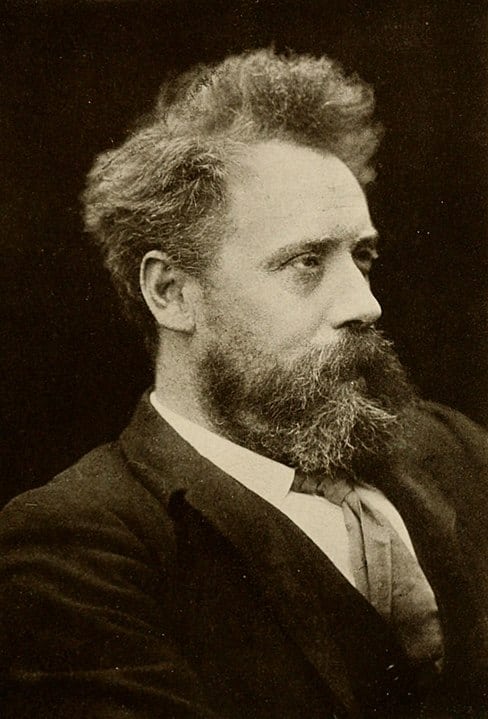William Ernest Henley (1849-1903) was a British poet, critic, and editor. He is best known for his poem “Invictus,” which has been widely quoted and anthologized.
Henley was born in Gloucester, England, and suffered from tuberculosis of the bone from an early age. At age 12, his left leg was amputated below the knee, and he spent much of his life in and out of hospitals. Despite his physical challenges, Henley was a prolific writer and editor, and his work was highly regarded in literary circles.
In 1889, Henley became the editor of a magazine called the Scots Observer, where he published works by many prominent writers of the time, including Robert Louis Stevenson, Rudyard Kipling, and H.G. Wells. He also wrote criticism and reviews for various newspapers and magazines.
Henley’s most famous poem, “Invictus,” was published in 1875 and is a powerful statement of resilience and determination in the face of adversity.
Invictus includes the memorable lines, “I am the master of my fate: I am the captain of my soul.”
Another of Henley’s best-known poems is “Margaret, it is Spring,” which was published in 1889 and is a tribute to his daughter, who died at the age of five. The poem is a poignant reflection on the fleeting beauty of life and the sorrow of loss.
Henley’s other works include “London Types,” a series of sketches and character studies of people from various walks of life in London. His collection of poems called “In Hospital,” reflects his experiences as a patient in various hospitals throughout his life.
Despite his struggles with ill health, Henley continued to write and edit until his death in 1903. His work continues to be celebrated for its powerful imagery, emotional depth, and timeless themes.



